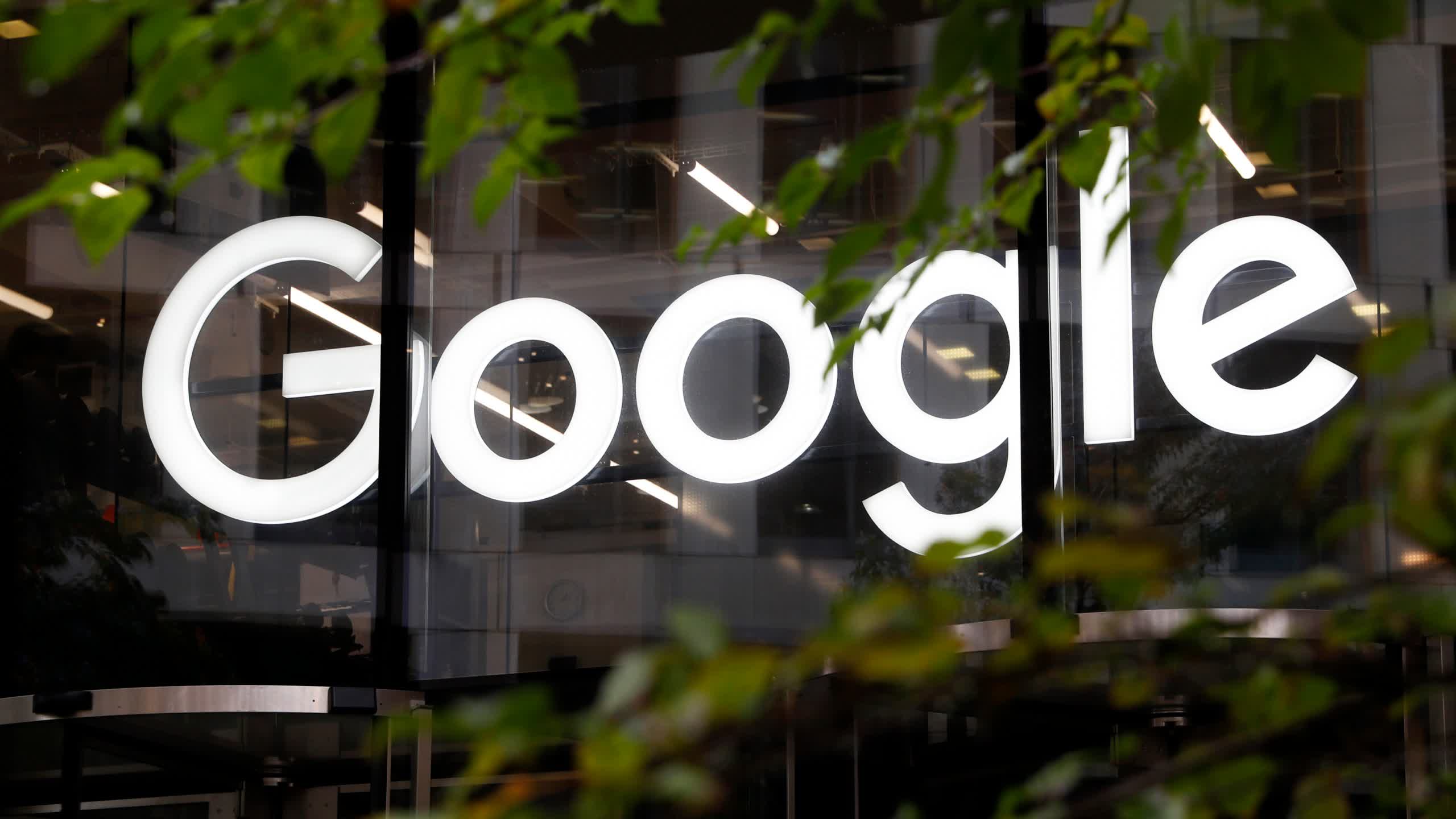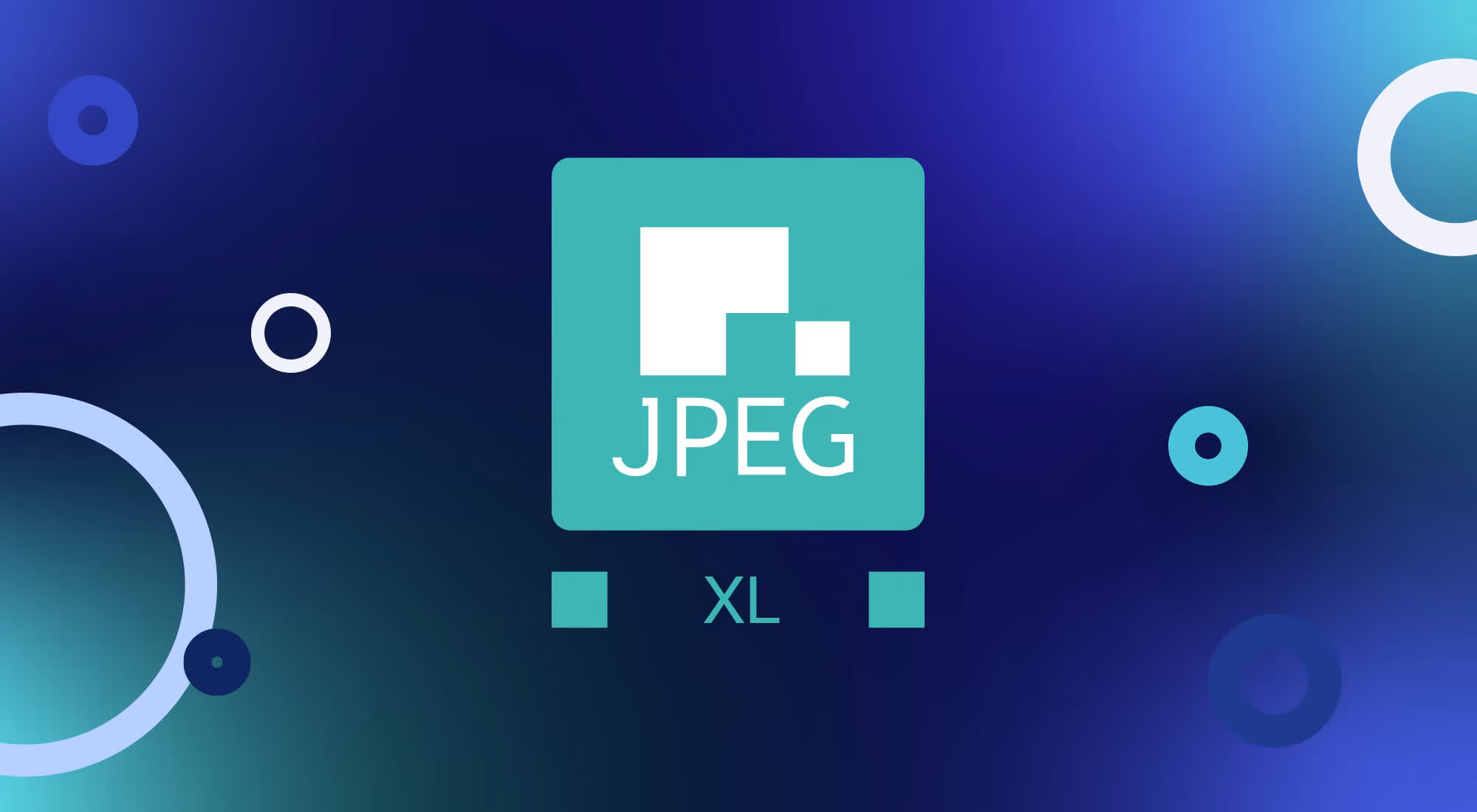A hot potato: The JPEG XL image format is a royalty-free standard supporting lossy and lossless compression. The standard was designed to replace the older JPEG format. However, browser companies seem hesitant to implement it despite a significant interest among developers.

The JPEG XL "Image Coding System" ISO standard is a new universal image format providing a cost reduction on server storage requirements and backward compatibility with existing JPEG-based applications. It was designed as a capable, efficient replacement for the JPEG format, an image compression technology initially introduced in 1992.
Unfortunately, we will likely not see widespread web adoption of the format anytime soon, despite it being the most popular choice among developers during "Interop 2024" – a project created to promote interoperability among the Chromium, Gecko (Firefox), and WebKit (Safari) browser engines. According to Interop Project's GitHub page, Apple, Google, Microsoft, and Mozilla will cooperate to implement cross-compatible web technologies in their browsers. As the most requested feature at Interop 2024, JPEG XL would be a perfect candidate for this new interoperability utopia.
Must read: How Does JPEG Work? Understanding the Subtle Beauty of Image Compression

The web developers are very interested in using JPEG XL format, but members of the Interop project will not follow through. The organization explained that it rejected the JPEG XL proposal because its members couldn't agree on its inclusion. Interop notes that the rejection should not be viewed as "a comment on the technology as a whole."
Many quickly pointed fingers at Google as the reason for JPEG XL rejection. The company deprecated experimental support for the format in Chromium last April, stating that the web ecosystem has no sufficient interest in a technology that doesn't provide significant benefits over existing image formats.
Jon Sneyers, image researcher at Cloudinary and editor of the JPEG XL specifications, said the Chrome team is seemingly opposing the new format. Sneyers doesn't think that Google as a company is trying to sink JPEG XL, considering that many of the format developers come from Google Research. However, the Google Chrome team is "organizationally quite distant" from the Google Research department.
As for the "ecosystem interest" in JPEG XL, Apple and Adobe currently support the format in their software development. Samsung promised support in their upcoming phones, while Microsoft could soon bring the format to Windows. Mozilla said it is neutral about the technology, as the JPEG XL technology doesn't seem to perform much better than its competitors like AVIF. However, the Firefox maker is willing to support the new format if there is enough demand for it.
https://www.techspot.com/news/101764-google-once-again-accused-snubbing-jpeg-xl-image.html